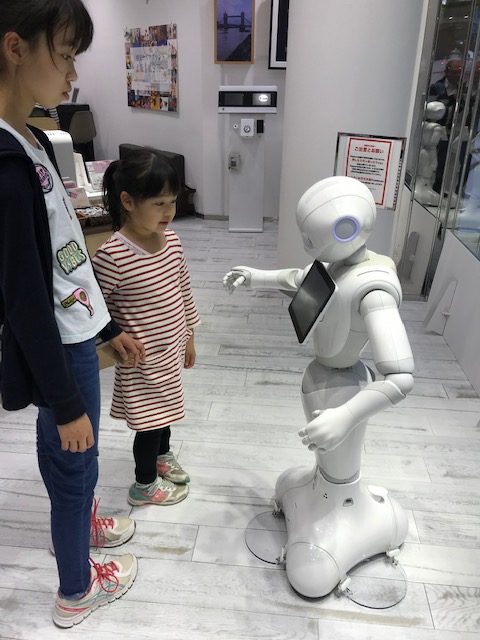UPDATE
Tokyo/New York, April 8 – The first global summit on the Fourth Industrial Revolution dedicated to shaping the future of technology backed the need for more technology governance because it would help a beleaguered world to tackle pressing problems particularly the ongoing pandemic.
Organized by the government of Japan and the World Economic Forum (WEF), over 2,000 government, business and civil society representatives took part in a virtual meeting April 6-7 in Tokyo to discuss key issues, including ethical artificial intelligence, blockchain and data privacy.
WEF said the summit built on the work of the Centre for the Fourth Industrial Revolution Japan and the Forum’s global Network of centers in 13 countries.
The summit was opened by Prime Minister Yoshihide Suga, who emphasized the timeliness of discussions among leaders on the implementation of digital technologies in the post-COVD era, WEF said. Suga also reaffirmed his commitment to accelerating reforms to create the world’s most advanced digital society.
The World Economic Forum Centre for the Fourth Industrial Revolution (C4IR) Network will develop this work throughout 2021 and beyond, WEF said.
Following is a press release from WEF:
COVID-19 has radically transformed the role of IoT in just a few months. Connected devices have been useful tools for monitoring and containing the disease around the world and are expected to play a critical role in safely distributing future vaccines.
But the situation has also highlighted the need to strike a proper balance between the public interest in protecting health in the face of future pandemics and the need to ensure the full range of human rights, such as protecting freedom of expression, association and movement.
As societies emerge from the COVID-19 crisis, a unique window of opportunity has opened to reimagine our relationship with IoT, realize new opportunities for growth and unlock a safer and more inclusive use of the technology.
The economic impacts of COVID-19 are also shaking up the IoT ecosystem.
Business that prioritized IoT investment to monitor machine health are now using connected devices monitor and protect human health, while also investing in remote working capabilities and automation.
The IoT market is expected to grow even faster once the world enters a new post-COVID-19 business environment, thanks to the release of pent-up demand and new investment in technology to minimize impacts from future disruptions.
Conclusion: Charting a path to a brighter connected future
In response to the findings of this report, the World Economic Forum in partnership with the Global IoT Council has developed a Global Action Plan that aims to encourage collective action on the most pressing challenges the connected world currently faces.
IoT is already an indispensable part of our daily lives and fundamental infrastructure. As it grows in extent and capabilities, we must act if we want to realize the full potential of IoT.
The Global Action Plan is structured around a set of high-level actions, which are tied to related initiatives and commitments, learn more about those initiatives here.
The World Economic Forum in partnership with the Council on the Connected World intends to provide regular updates on the progress of the Global Action Plan. An updated and expanded version of this report will be published in two years in order to track progress of the Global Action Plan and stay abreast of emerging governance gaps.
“As the internet of things becomes a part of our daily lives, it is essential that we build upon the last three decades of learning from the World Wide Web, ensuring that these technologies create a digital future that is safe and empowering for everyone.”
—Adrian Lovett, President & CEO, World Wide Web Foundation
“As we become increasingly reliant on connected devices throughout our daily lives, privacy and security are of paramount importance. They will be crucial to the safe and secure digital transformation of industries throughout the next decade”
—Cristiano Amon, President, Qualcomm Incorporated
For more information:
The Internet of things describes the network of physical objects—“things” or objects—that are embedded with sensors, software, and other technologies for the purpose of connecting and exchanging data with other devices and systems over the Internet. Wikipedia
Centre for the Fourth Industrial Revolution Japan
Global Technology Governance Summit
Centre for the Fourth Industrial Revolution Network.
United Nations correspondent journalists – United Nations correspondent journalists – United Nations correspondent journalists
United Nations journalism articles – United Nations journalism articles – United Nations journalism articles

